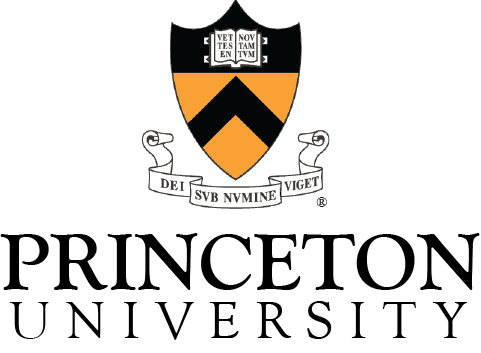Princeton University, located in Princeton, New Jersey, is one of the most prestigious and historically significant institutions of higher education in the United States. Founded in 1746 as the College of New Jersey, it was originally established to train Presbyterian ministers but quickly evolved into a leading center of learning. The name was changed to Princeton University in 1896, reflecting its broader mission and national reputation.
Princeton is renowned for its rigorous academics and commitment to undergraduate education. It consistently ranks among the top universities in global rankings and is known for its selective admissions process. The university offers a broad range of programs across various disciplines, including the humanities, social sciences, natural sciences, and engineering. It operates under a unique system that emphasizes close interaction between students and faculty, fostering an environment of intellectual exploration and personal growth.
The university’s campus, characterized by its stunning Gothic architecture and picturesque setting, contributes to its distinguished ambiance. Notable buildings include Nassau Hall, which served as the temporary capital of the United States during the American Revolution, and the University Chapel, a central feature of the campus landscape. The campus is also home to the Princeton University Art Museum, which houses an impressive collection of art and artifacts from around the world.
Princeton’s commitment to research is evident through its numerous research institutes and centers. The university supports a wide range of research initiatives, including those in scientific fields such as astrophysics, molecular biology, and environmental studies. Princeton encourages interdisciplinary collaboration, which has led to groundbreaking discoveries and advancements.
One of Princeton’s defining features is its focus on undergraduate education. The university prides itself on maintaining a low student-to-faculty ratio, which allows for personalized instruction and mentoring. The curriculum is designed to provide a strong foundation in the liberal arts while also allowing students to explore their specific interests and passions. Students have the opportunity to engage in independent research projects, often working closely with faculty members who are leaders in their fields.
Princeton is also known for its vibrant campus life. The university boasts a wide array of student organizations, cultural events, and athletic activities. The Princeton Tigers, the university’s athletic teams, compete in the Ivy League and have a rich tradition of success in sports such as football, basketball, and rowing. Student groups and clubs provide opportunities for engagement in various interests, from political activism to artistic endeavors.
The university’s alumni network is distinguished and influential, with graduates who have made significant contributions in various fields, including politics, business, science, and the arts. Notable alumni include U.S. Presidents James Madison and Woodrow Wilson, as well as prominent figures like Michelle Obama and Jeff Bezos. Princeton’s strong emphasis on leadership and public service is reflected in the achievements of its alumni, who often engage in significant societal and global issues.
In summary, Princeton University stands as a beacon of academic excellence and innovation. Its commitment to rigorous scholarship, undergraduate education, and research, combined with its vibrant campus life and influential alumni, solidifies its status as one of the foremost institutions of higher learning in the world.
